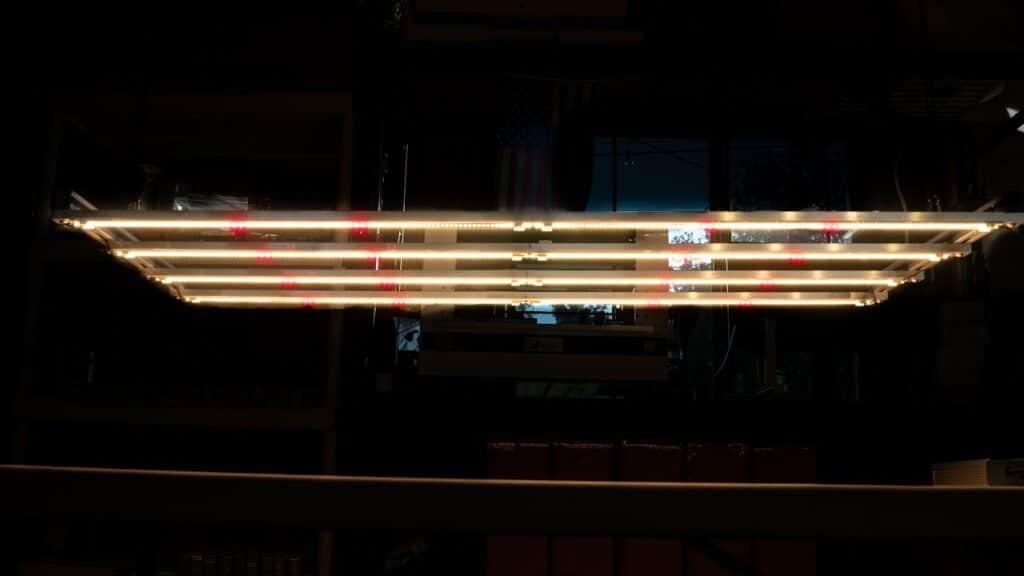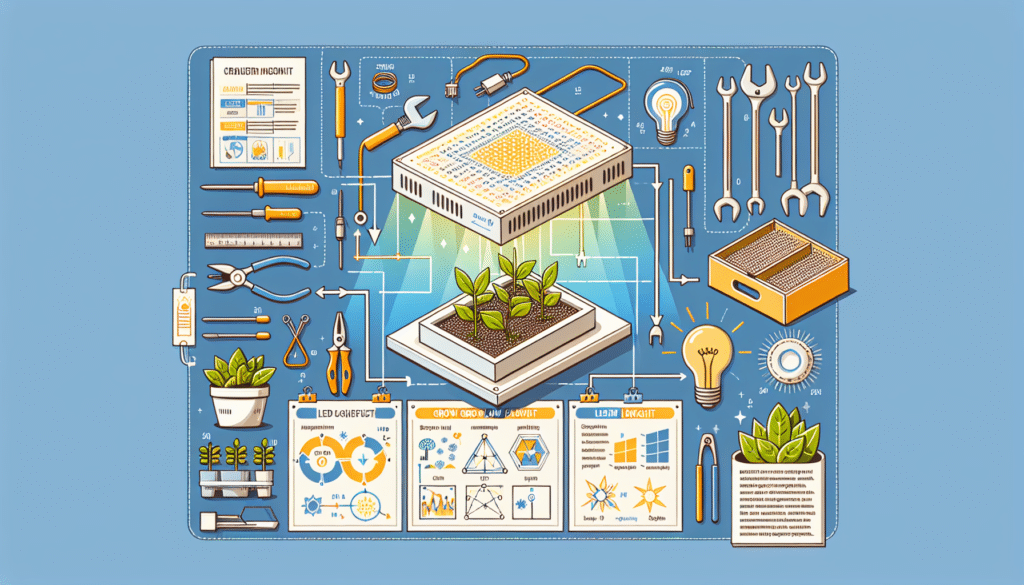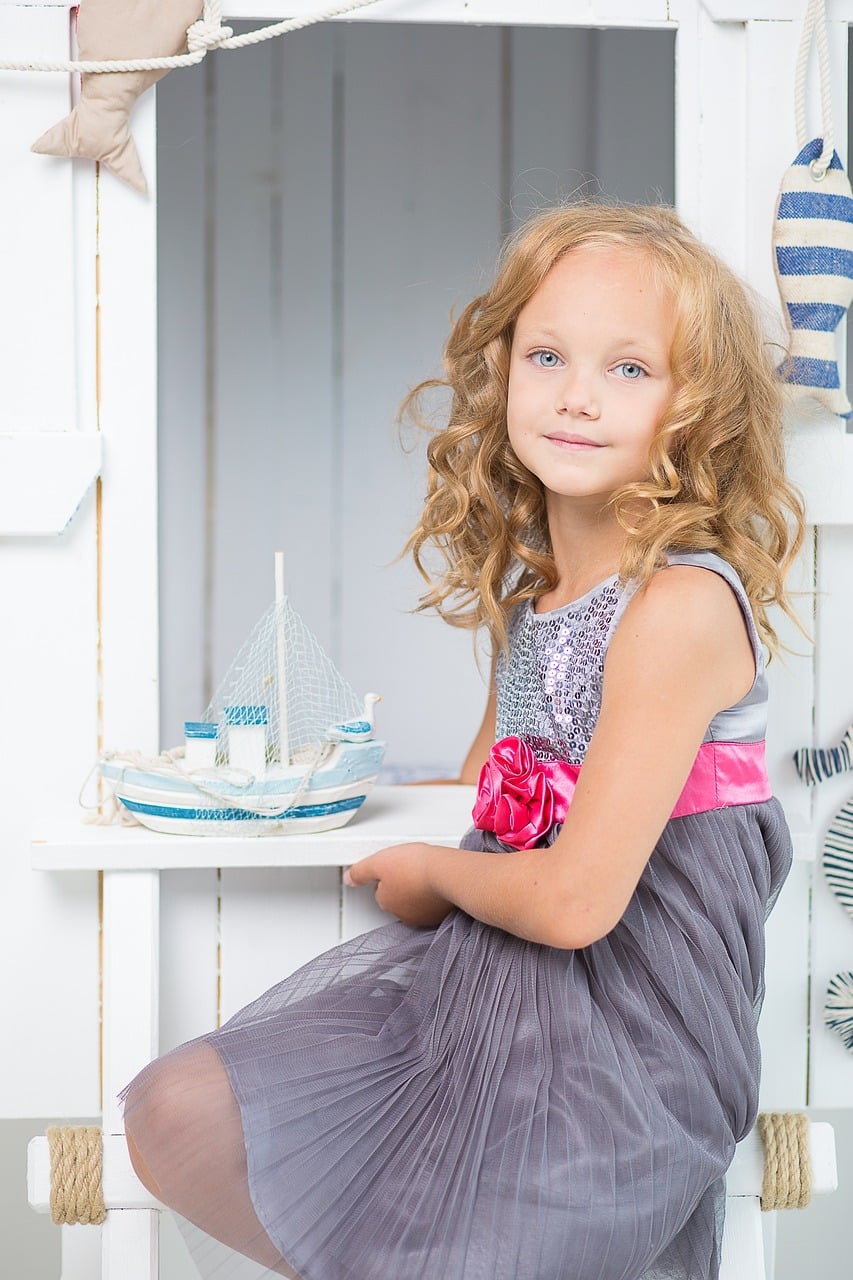Discover the beauty of green thumb ingenuity as we take you through creating a DIY LED Grow Light, perfect for that indoor gardening you’ve been thinking of. Navigate the ins and outs of converting commonly available 24mm wide boards into a DIY LED Grow Light, a concept inspired by the content from Greengenes Garden – “Photo Boost Strip DIY LED Grow Light Build”. Learn how to manage the absence of PLC boards make your very own energy-efficient light spectrum conducive to ideal plant growth.
Guided by an instructive video, join us as we assemble a 320-watt lighting setup using PCB light engines from the Pacific Light Concepts. We’ll build an indoor solarium, complete with 96 Samsung LM 301 B white diodes and Cree XB E high efficiency photo reds. Not forgetting the heart of the set-up, an LED Grow Light ingeniously crafted to illuminate a 2 by 4 indoor garden plot. So, be prepared to embark on a fascinating journey into the world of homemade gardening tech.

This image is property of i.ytimg.com.
Step 1: Gathering Materials
Our journey begins with gathering the necessary materials. We want to ensure we have everything we need to craft our DIY LED Grow Light, so there are no hiccups along the way.
Choosing the right boards
Unfortunately, PLC boards aren’t available for this project. But worry not, we are nothing if not versatile and adaptive. We can build our LED Grow Light using any 24mm wide boards. The width is an important specification because it needs to be compatible with the other components we will be using.
Selecting the diodes and photo reds
The selection of diodes is crucial for the performance of our LED Grow Light. Our design features 96 Samsung LM 301 B white diodes and Cree XB E high-efficiency photo reds packed into a 560mm linear form factor. These elements emit a light spectrum that has been proven effective for plant growth, ensuring your indoor garden thrives.
Finding the heat sinks
We will need four heat sinks, each 46 inches long. These can be found at HeatsinkUSA.com. Heat sinks are critical to our design because they control the temperature of our LED boards, ensuring they function optimally and don’t overheat, which could negatively impact the light’s performance or lifespan.
Gather other necessary components
Now that we have our boards, diodes, photo reds, and heat sinks, we can gather the remaining elements needed for our project. These include the driver, power supply, fans (or another form of ventilation), light fixtures, and other installation tools. After gathering our materials, we can move on to the next step.
Step 2: Setting up the Power Supply
Let’s start setting up the power supply. To provide power to our lights, we must set up the power supply correctly from the start.
Choosing the right driver
For our 320-watt low-profile lightweight lighting setup, we’ll use a compatible 320-watt driver to power our boards. Choosing the right driver is crucial for optimal functioning, ensuring our boards get the correct amount of power.
Wiring the power supply to the boards
Once the correct driver is selected, we’ll wire the power supply to our boards. Though it can seem daunting, if we follow the instructions correctly, we won’t face any difficulties.
Step 3: Assembling the LED Strips
With the power supply setup complete, let’s now assemble the LED Strips.
Attaching the diodes to the boards
Attaching the diodes to our boards begins the process of assembling our LED strips. The diodes and photo reds need to be firmly attached. This step requires precision and a steady hand, ensuring the diodes are secure.
Installing the photo boost strips
After attaching the diodes, we’ll install the photo boost strips. These strips are fitted with the white diodes and Cree Xbe high-efficiency photo reds from Pacific Light Concepts, enhancing the functionality of our Grow Light.
Connecting the heat sinks
Next, we connect the heat sinks. Two strips are fitted onto each heat sink. The heat sinks will ensure our boards are thermally controlled, maintaining optimal running temperatures.
Step 4: Mounting the LED Strips
Let’s now prepare the heat sinks and mount our LED strips to them.
Preparing the heat sinks
Before mounting the LED strips, we must prepare our heat sinks. The only modification needed is drilling a quarter-inch hole half-way up and in on each end of the heat sinks.
Attaching the LED strips to the heat sinks
Once our heat sinks are drilled and prepared, we can attach the LED strips to them using thermal tape. This ensures a full mating surface and fills any air gaps, providing maximum contact and improved performance.

This image is property of pixabay.com.
Step 5: Providing Sufficient Cooling
Even the brightest lights can burn out if not properly managed. This is why cooling is a crucial feature to our LED Grow Light.
Understanding the importance of cooling
In essence, proper cooling will ensure our Grow Light doesn’t overheat in operation and will prolong its lifespan. This is why understanding the importance of cooling is essential.
Adding fans or ventilation for heat dissipation
After recognizing the importance of cooling, we need to add fans or ventilation to our design. Integration of a reliable cooling mechanism ensures heat dissipation and maintains the optimum operating temperature for our Light.
Step 6: Installing the LED Grow Light
It’s time now to bring our invention to life. Let’s install our newly built LED Grow Light.
Determining the ideal placement
Thinking about where we will place our Grow Light matters. We want to ensure that it effectively covers the area of growth while avoiding any extreme high-heat areas that could affect its performance.
Mounting the light fixtures
Having determined ideal placement, we mount the light fixtures. It’s an exciting step, seeing our creation slowly take its place!

This image is property of pixabay.com.
Step 7: Testing and Adjusting
Before we can start using our LED Grow Light, we need to test it and make any necessary adjustments.
Turning on the LED grow light
Firstly, courageously, with a dose of excitement, we turn on the LED Grow Light.
Checking the light intensity and spectrum
Once it’s on, we then check the light intensity and spectrum. This step ensures our Light is generating the proper intensity and spectrum for optimal plant growth.
Making any necessary adjustments
After checking, we can make any necessary adjustments. This process will ensure our Grow Light is operating at peak efficiency, giving our indoor garden the best possible growing conditions.
Step 8: Maintenance and Upkeep
To keep our LED Grow Light in optimal condition, regular maintenance and upkeep are necessary.
Regularly cleaning the LED grow light
Regular cleaning of our Grow Light will not only keep it looking good but also maintain its optimal performance, preventing possible build-up that might hinder its function.
Replacing any faulty components
Down the road, if any components fail, replacing them promptly can ensure we’re back to providing ideal light conditions for our plants without delay.

This image is property of pixabay.com.
Step 9: Doubling the Design, if Desired
If you love our design or need more coverage, the concept of this design can be doubled for better uniformity and efficiency.
Understanding the benefits of a larger setup
Before venturing into a larger setup, understanding the benefits is crucial. A larger light setup can illuminate a larger growth area with high intensity and uniformity, which could be beneficial if you’re looking to expand your indoor gardening venture.
Doubling the number of boards and components
Doubling our setup means doubling the number of boards and components. It’s like creating twins of our original Grow Light design, offering twice the coverage and effectiveness.
Conclusion
To conclude, building a DIY LED Grow Light provides not only effective lighting for your indoor garden but also a fulfilling and enriching do-it-yourself experience. We have gathered the materials, set up the power supply, assembled and mounted our LED Strips, provided sufficient cooling, installed, and tested our Grow Light, maintained its upkeep, and even considered doubling the design for larger setups. It’s been an awesome journey, and we hope you have found it engaging too.
By building your own LED Grow Light, you gain control over the light spectrum and intensity, enhancing the environment for your plants to thrive. We encourage you to take this creative step forward, cultivate your love for indoor gardening, and grow your green thumb. It’s an opportunity for learning, experimenting, and ultimately, reaping the fruits (or vegetables?) of your labour. Happy gardening!
For our LED grow light project, we’re unable to get PLC boards, but any 24mm wide boards will work for us.
For heatsinks, visit: https://www.heatsinkusa.com/1-000/
For TIM, check out: https://amzn.to/2xfFhPC
Our specified driver can be found here: https://octopart.com/search?q=hlg320h…
Procure your potentiometer from: https://www.rapidled.com/cased-potent…
The frame ought to be sourced from https://www.tnutz.com/product/ex-1010…
Tnuts and screws can be bought from: https://amzn.to/2N8zkiq
We recommend this power cord: https://amzn.to/2Xrk8B1
3 pin connectors are available here: https://amzn.to/2FuDmvi
Please get your wire from: https://amzn.to/2FvEOxs
Lastly, pick your gland box from: https://amzn.to/2J6nOif


